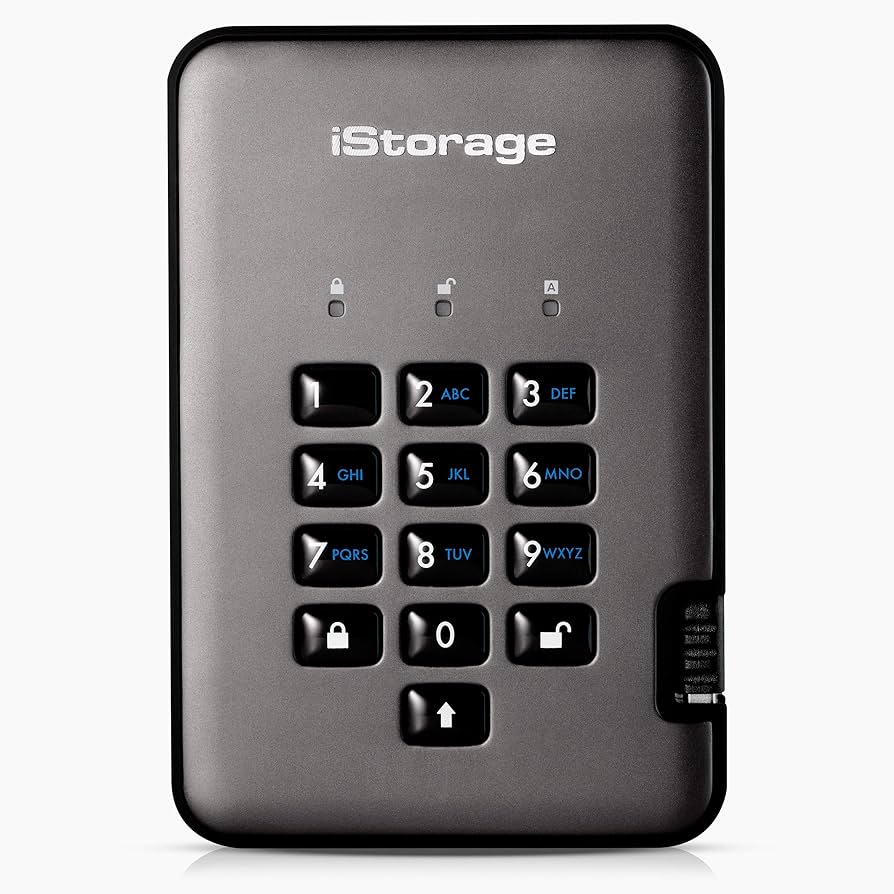When setting up your new SSD, it’s vital to enable encryption and regularly back up your data to safeguard against potential security threats. By following these critical data security tips, you can ensure the protection of your sensitive information and maintain the integrity of your SSD.
With the increasing risk of cyber-attacks and data breaches, it’s essential to take proactive measures to secure your SSD and prevent unauthorized access to your data. In this guide, we’ll explore the key steps to enhancing the security of your new SSD and minimizing the potential risks associated with storing and accessing sensitive data.
Whether you’re a business professional or a home user, implementing these data security tips will help you safeguard your valuable information and maintain peace of mind when using your SSD.
Understanding Ssds And Security
Learn how to protect your critical data on a new SSD with these essential security tips. Enhance your understanding of SSDs and safeguard your data from potential threats with a proactive security approach. Keep your sensitive information secure and ensure peace of mind with these valuable insights.
Best Practices For SSD Security
|
Critical Data Security Tips for Your New SSD
|
Securing Your Digital Assets
When it comes to securing your digital assets, it’s crucial to prioritize critical data security. Start by implementing strong password protection. Use complex and unique passwords for all accounts to minimize the risk of unauthorized access.
Next, establish data backup strategies to ensure that your valuable information is safe from potential loss or corruption. Regularly back up your data to an external drive or cloud storage to create redundant copies.
To safeguard against physical theft, consider encrypting your SSD and storing it in a secure location. Additionally, enable disk encryption and utilize security cable locks to deter theft and unauthorized access.

Frequently Asked Questions For Data Security Tips For New SSD
What Are The Key Data Security Risks With SSDs?
Data security risks with SSDs include data theft, unauthorized access, and data loss due to hardware failure. It’s important to implement encryption and strong access controls to mitigate these risks.
How Can I Enhance The Security Of My SSD?
You can enhance SSD security by enabling encryption, regularly updating firmware, using strong authentication methods, and implementing secure data disposal practices. Additionally, regularly backing up your data can help prevent data loss.
What Are The Best Practices For Securing Data On SSDs?
Best practices for securing data on SSDs include using encryption, keeping software updated, employing antivirus software, restricting physical access, and regularly monitoring for unauthorized activity. Implementing these measures can help safeguard sensitive information.
Conclusion
Keeping your SSD secure is crucial in today’s digital landscape. By implementing the data security tips mentioned in this blog, you can safeguard your valuable information from potential cyber threats and unauthorized access. With the right measures in place, you can enjoy the benefits of your new SSD without worrying about compromising your data security.

